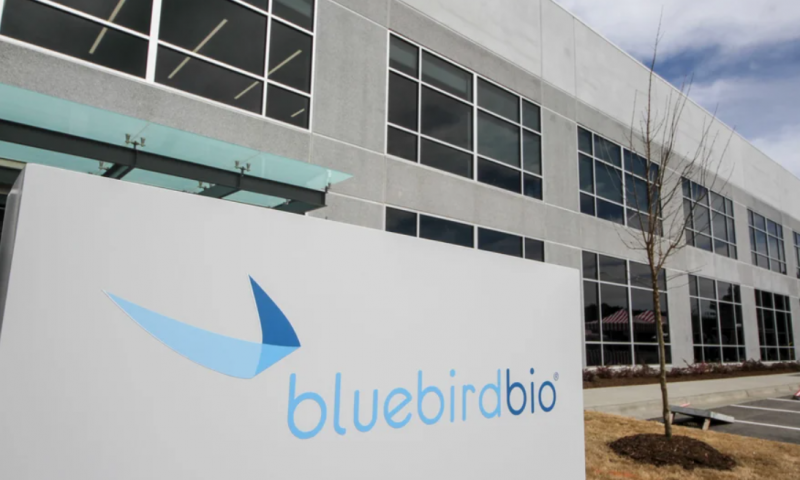A bluebird bio investigation has found a LentiGlobin gene therapy is “very unlikely” to have caused the acute myeloid leukemia (AML) that affected a recipient of a sickle cell treatment. Bluebird is now working with regulators to resume clinical trials in beta thalassemia and sickle cell disease.
Last month, bluebird revealed it had suspended two clinical trials after participants developed AML and myelodysplastic syndrome (MDS). The case of AML affected a person who received bluebird’s gene therapy for sickle cell disease in a phase 1/2 clinical trial more than five years ago. At the time it stopped the studies, bluebird knew vectors were in the tumor cells of the AML patient but lacked other key details.
Since then, bluebird has generated additional data that have persuaded it the gene therapy is very unlikely to have caused the AML case. Notably, bluebird has identified the VAMP4 gene as the site of vector integration.
VAMP4 has no known link to the development of AML or processes such as cellular proliferation or genome stability. Bluebird also ran analyses that found no evidence insertion into VAMP4 could affect the regulation or expression of nearby genes, suggesting the therapy is unlikely to have caused the cancer.
The suggestion is also supported by the discovery of “several well-known genetic mutations and gross chromosomal abnormalities commonly observed in AML” in the patient.
“In totality, the data from our assessments provide important evidence demonstrating that it is very unlikely our BB305 lentiviral vector played a role in this case and we have shared with the FDA that we believe these results support lifting the clinical holds on our β-thalassemia and sickle cell disease programs,” Philip Gregory, chief scientific officer at bluebird, said in a statement.
As it stands, clinical trials of the beta thalassemia and sickle cell disease gene therapies remain subject to FDA clinical holds. Sales of Zynteglo, which uses the same BB305 vector as the sickle cell therapy, remain suspended, too. The European Medicines Agency’s pharmacovigilance group is set to start reviewing the benefit-risk profile of Zynteglo this week.
An investigation into the patient who developed MDS is ongoing. The investigation is first trying to determine whether the patient even developed MDS, with the prolonged anemia and discovery of trisomy 8 that triggered the initial diagnosis countered by the absence of blasts or dysplastic cells in the bone marrow. Bluebird said the presence of trisomy 8, which is associated with myeloid malignancies, is insufficient to support a diagnosis of MDS in the absence of blasts or dysplastic cells.
Shares in bluebird climbed 10% in premarket trading.

